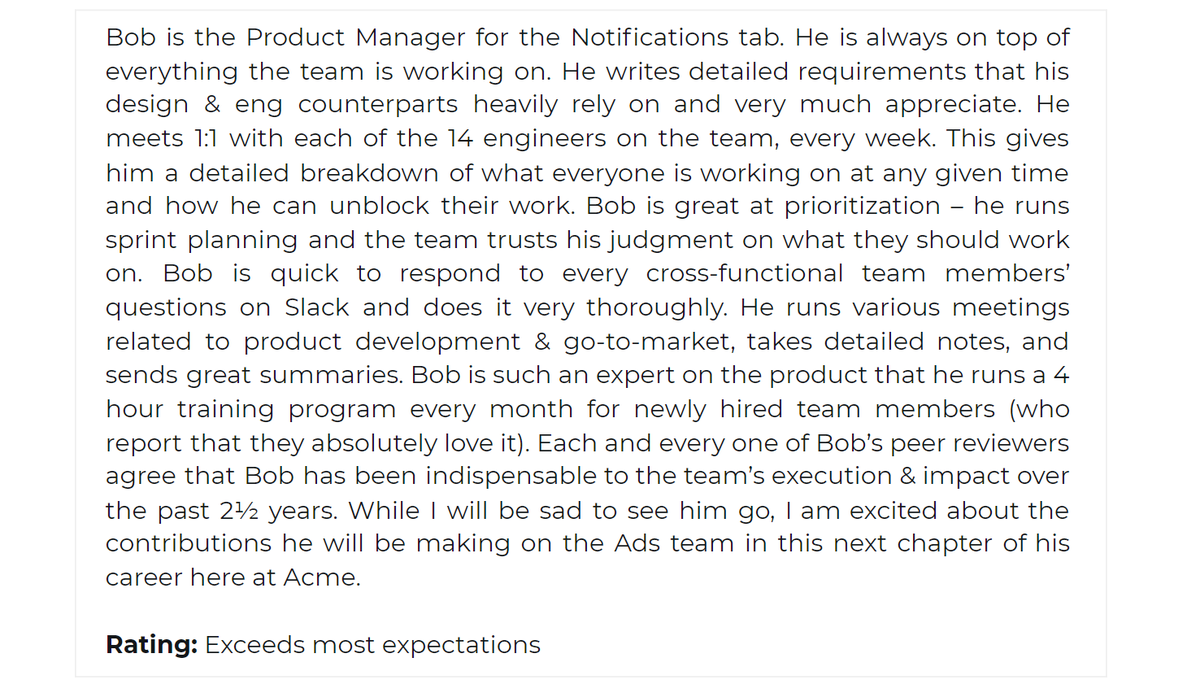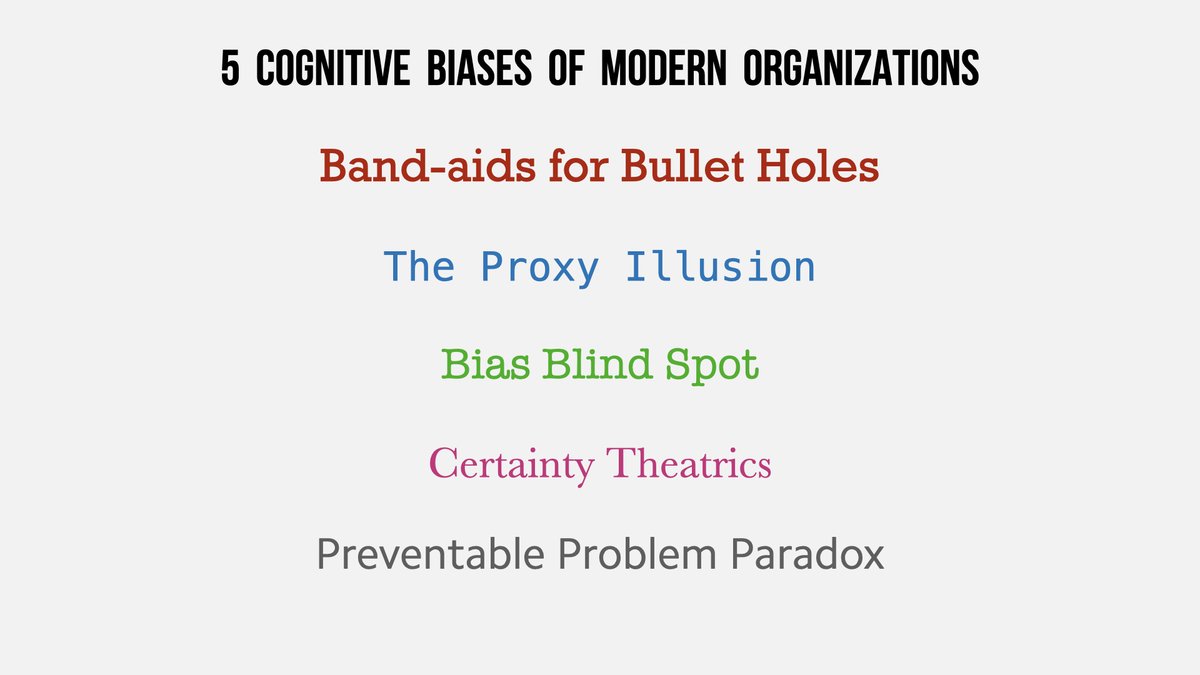
As a leader, how can you
- Make a major, singular impact
- Truly empower team members
- Grow them with “stretch tasks”
- Create flow for self & others
- Avoid burnout
Answer: Radical Delegation
(note: not for everyone, but game-changing for leaders & teams who are ready for it)
- Make a major, singular impact
- Truly empower team members
- Grow them with “stretch tasks”
- Create flow for self & others
- Avoid burnout
Answer: Radical Delegation
(note: not for everyone, but game-changing for leaders & teams who are ready for it)

If you look around, especially in fast-paced fast-growth companies, product leaders & their teams are underwater at best & often just burning out.
Too often, leaders think that’s just the way things *have* to be.
Radical Delegation shows that there is a different, better way.
Too often, leaders think that’s just the way things *have* to be.
Radical Delegation shows that there is a different, better way.
This framework starts with the work that must be done i.e. it assumes you’ve already discarded work that you should not be paying attention to. In fast-paced, fast-growing companies, the work that remains is still *a lot*. Most leaders tend to take on all of that work themselves.
That is, many leaders tend to take on work in each of these 4 quadrants, esp quadrants 1, 2, 3
Note: They aren’t incompetent. They know about delegation
But, here we are talking about work that (rightly) landed on their plate & is “usually” done by the leader, rarely delegated.
Note: They aren’t incompetent. They know about delegation
But, here we are talking about work that (rightly) landed on their plate & is “usually” done by the leader, rarely delegated.

Why is it rarely delegated?
Either because leaders don’t think it’s possible to delegate or because of external expectations on the work they are “supposed to do”.
For example:
“If it’s a meeting with my peer, I must go to it” (even if someone on the team can handle it well)
Either because leaders don’t think it’s possible to delegate or because of external expectations on the work they are “supposed to do”.
For example:
“If it’s a meeting with my peer, I must go to it” (even if someone on the team can handle it well)
This mindset leads to these major problems:
1) Leaders are overwhelmed
2) They’re unavailable to their team
3) Team doesn’t get good coaching
4) Really good folks aren’t stretched
5) Work feels very whack-a-mole
6) Important work doesn’t get done
7) Eventually people burn out
1) Leaders are overwhelmed
2) They’re unavailable to their team
3) Team doesn’t get good coaching
4) Really good folks aren’t stretched
5) Work feels very whack-a-mole
6) Important work doesn’t get done
7) Eventually people burn out
The Radical Delegation approach helps you to
a) be intentional about making your singular impact (i.e. to do your highest leverage work with deep focus & to coach your team)
b) create clarity for yourself & your team members on the Delegation Contract (i.e. quadrants 2, 3 & 4)
a) be intentional about making your singular impact (i.e. to do your highest leverage work with deep focus & to coach your team)
b) create clarity for yourself & your team members on the Delegation Contract (i.e. quadrants 2, 3 & 4)

While I highly recommend Radical Delegation, note some caveats:
1) If you are a new manager, you might not yet be ready for it. Don’t force it, try again when ready
2) You might not have the right team for it (but be rigorous – many leaders tell themselves this false story)
1) If you are a new manager, you might not yet be ready for it. Don’t force it, try again when ready
2) You might not have the right team for it (but be rigorous – many leaders tell themselves this false story)
3) For Radical Delegation to work best, *your* manager needs to be a highly competent people leader. Otherwise s/he won’t really understand what you are doing & why you are doing it (and you will get dinged in your performance reviews)
I’ve used Radical Delegation consistently over the past 5 years to make the greatest business impact I can.
It has truly been life-changing for me & has even played a part in enabling faster transitions of some high potential people to PM roles or PM leadership roles on my team.
It has truly been life-changing for me & has even played a part in enabling faster transitions of some high potential people to PM roles or PM leadership roles on my team.
I love the "delegate until it hurts" guideline. Great way to think about Radical Delegation and whether you ought to delegate even more.
https://twitter.com/HelenBevanTweet/status/1401782270567010312
• • •
Missing some Tweet in this thread? You can try to
force a refresh







